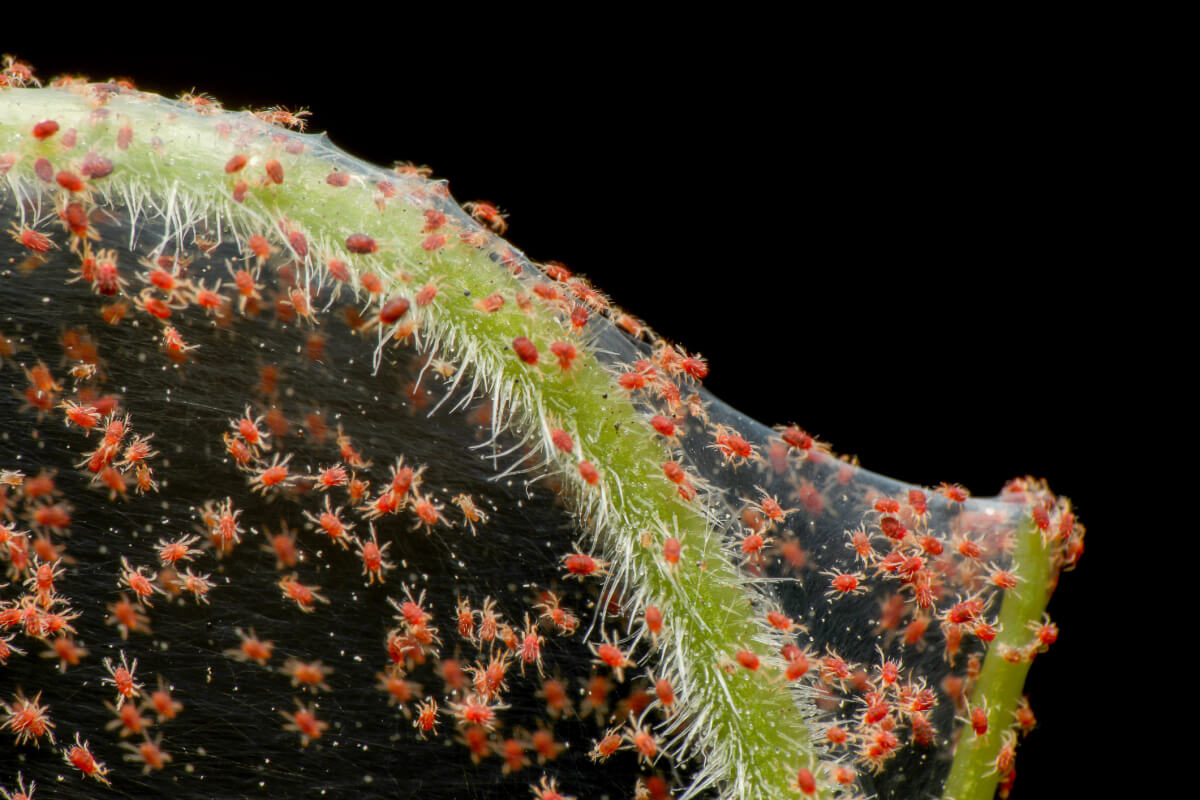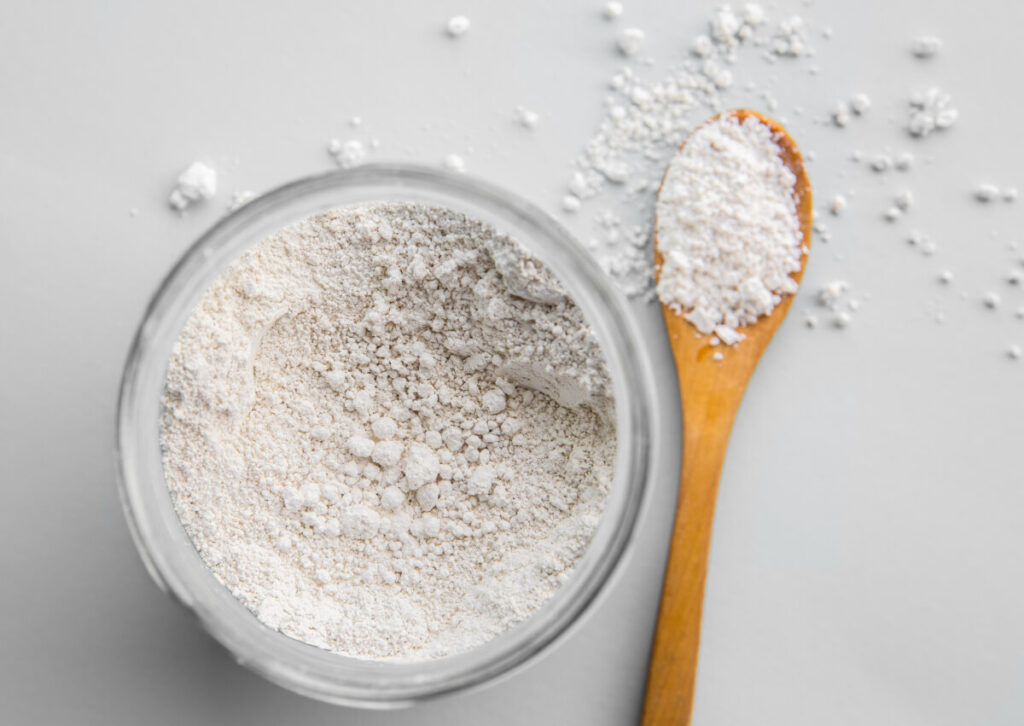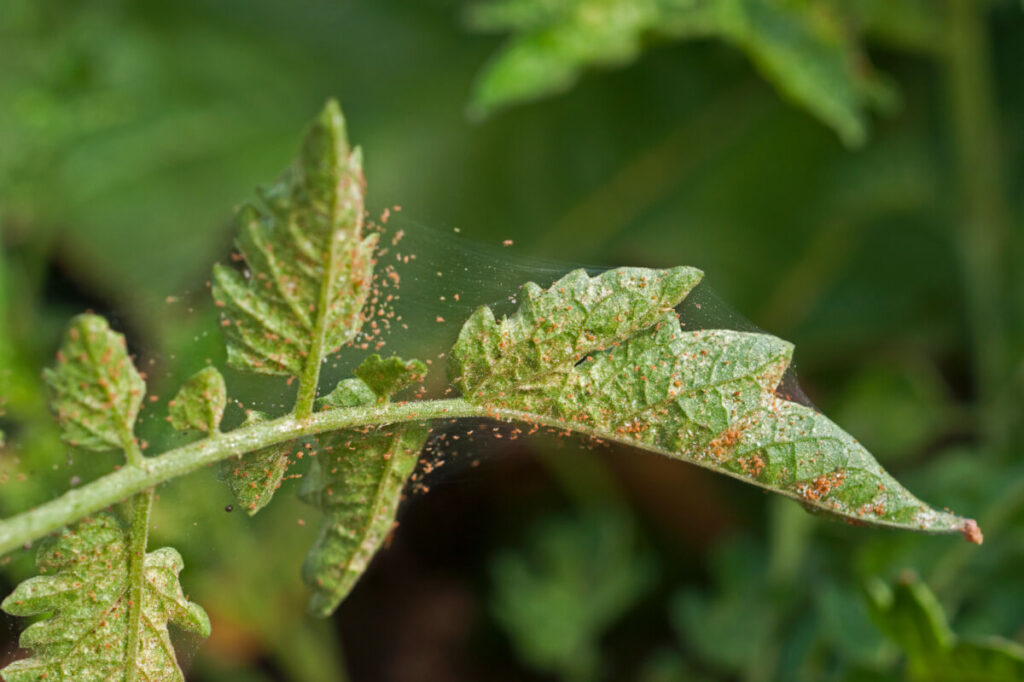
Spider mites are tiny pests that can invade both outdoor and indoor plants. These plants' pests resemble tiny spiders and can cause significant plant damage. Miniature silky webs of spider mites on the garden plants are the first mark of their presence. Brown or black patches on the plant leaves are another evidence of spider mite damage. Spider mites are arachnids that belong to the Tetranychidae mite family. They are the type of predatory mites.
So how can you get rid of spider mites? To eliminate and destroy noticeable spider mite populations, use an alcohol and water solution. Fill the spray bottle with 30 oz of water and a cup of alcohol. Spray around the leaves thoroughly and wipe them with a paper towel or clean cloth. It’s important to manage the infected plant with this particular solution to get great results.
Spider mites are not real predator insects; they're a form of arachnids associated with ticks, scorpions, and spiders. Adult mites are pale or reddish-brown, tiny (about 1/50 inch short), or oval-shaped – similar to a period size at the end of this sentence. The early stages are identical to an adult spider mite but tinier.
Species of spider mites dwell in colonies, primarily on the undersides of leaves, and eat by puncturing the leaf tissue and slurping up plant juices. Eating spots appear as small dots on the plant leaf surface. As the eating persists, the infected leaves turn yellow and may eventually dry up and fall. Spider mites are most prevalent in humid environments, mainly where their chemical pesticides eradicated their natural enemies.
Common spider mite species spend the winter as eggs on the bark of host plants and leaves. As temperature increases in springtime, the tiny six-legged larva hatches and nourishes for several days before finding a protective environment where they undergo metamorphosis into the initial nymphal phase.
Nymphs are eight-legged and go through 2 more moltings before reaching adulthood. After mating, a single female spider mite can deliver up to 300 eggs per week for a few weeks. The dry, hot weather encourages the faster development of these pests.
Under these circumstances, the time it takes to transition from egg to an adult can be as short as five days. Annually, there are many overlapping generations of spider mites. They also scatter over vast places, cruising the breezes on their silky webbing. If you see that your plants have been taken over by these mites already, it’s critical to contain and dispose of your infected plants carefully.

It’s crucial to detect spider mites on plant leaves sooner to prevent a full-blown infestation, which is more challenging to manage. These tiny sucking annoyances can disrupt both outdoor and indoor greenery. Natural methods are always the safest around pets, people, and plants. Here is some organic and natural approach to exterminate spider mites quickly.
Natural oils from coriander, chamomile plants, rosemary, and spearmint are the most efficient at destroying two-spotted spider mites' eggs and mature adults. To apply this home solution, pour water in a spray bottle, add a few drops of the preferred essential oil from the mentioned list, and spray this oil with water to the affected leaves. Neem oil sprays also treat an infestation of spider mites by suffocating them.
The natural predators hold spider mite populations in place. These predators include ladybugs, lacewings, thrips, and predator mites (Phytoseiulus persimilis). Prevent spraying pesticides to enable these beneficial insects to stay. Water mulch flowers and garden plants regularly. You can buy insects online and live predatory mites for indoor plants. Allow them to enter the pots. These insects and predatory mites can devour hundreds of mites daily while posing no threat to plants, pets, or humans.
Capsicum extracts (jalapenos, chili peppers, cayenne peppers, bell peppers) were proven to intoxicate spider mites. These peppers exterminated approximately 45% of adult spider mites. Spider mites are also repelled by other capsicum variants, like bishop's crown and lemon drop peppers. People can purchase hot pepper repellent sprays online or in some household stores, or just make them at home.
Cold water from a water hose will also flush away spider mites that may have managed to escape the impacts of DIY repellents. Washing away spider mites is only a short-term fix, as these plant pests may come back after every rinse.

Spider mite infestations may clear themselves on their own, mainly if their population is low and the garden draws their natural predators. Dealing with spider mites using store-bought chemical pesticides is helpful, especially when home treatments don't work.
Produced from fossilized aquatic life, diatomaceous earth is an organic pesticide that is known to be toxic for insects and spider mites. Homeowners must apply the food-grade variant to infected plants and soil. It will dry the exoskeletons of spider mites and eventually kill them.
Generally, it’s advisable to avoid using pesticides as they can harm beneficial insects; however, a specific variant will only destroy spider mites. Horticultural oil or insecticidal soap are entirely functional on adult spider mites, and individuals must apply them to both edges of the leaves.
Remember to never use horticultural oil or insecticidal soap if the plants are withered due to drought or if there's a high outdoor temperature. Read the labels of such products to know which plants can withstand the pesticide. Certain plants are hypersensitive to some ingredients. Meanwhile, indoor houseplants will most likely benefit from insecticidal soap (or horticultural oil) because the temperature indoors is controlled.
Typical pesticides, such as those comprising pyrethroids (elements of the chrysanthemum blossoms), are not effective on spider mites. Most pest control experts agree that such pesticides can hinder spider mites' natural predators, enabling the mites to keep on multiplying.

The objective is to prevent infestation of spider mites and damage the houseplants. It’s advisable to perform the white paper assessment for spider mite detection before adding any new houseplants into the residence.
If there are mites on the plant, don’t buy them. Avoid placing the new plants close to vents and open windows upon arrival to the house (with new uninfected indoor plants). Spider mites can enter from the outdoors and survive in warm, dry environments.
Dusting off plants can also keep spider mites at bay. Wipe the plant leaves with a damp cloth weekly. Watering the plants regularly can deter spider mites since these pests love to dwell on dry surfaces.
Severe infestations need the assistance of professional pest management centers. Here at Yale Pest Control, our team of specialists will come to your household, classify the pests, examine mites' damages, and devise a strategy to eliminate the spider mites.
Yale Pest Control will not only eliminate pests, but we will also monitor your area regularly to be on the lookout for potential pest-related problems. We will also explain a step-by-step strategic plan to you on how to avoid a recurrence of insect infestations. Call us today for a consultation. You may also fill out the form on our website.